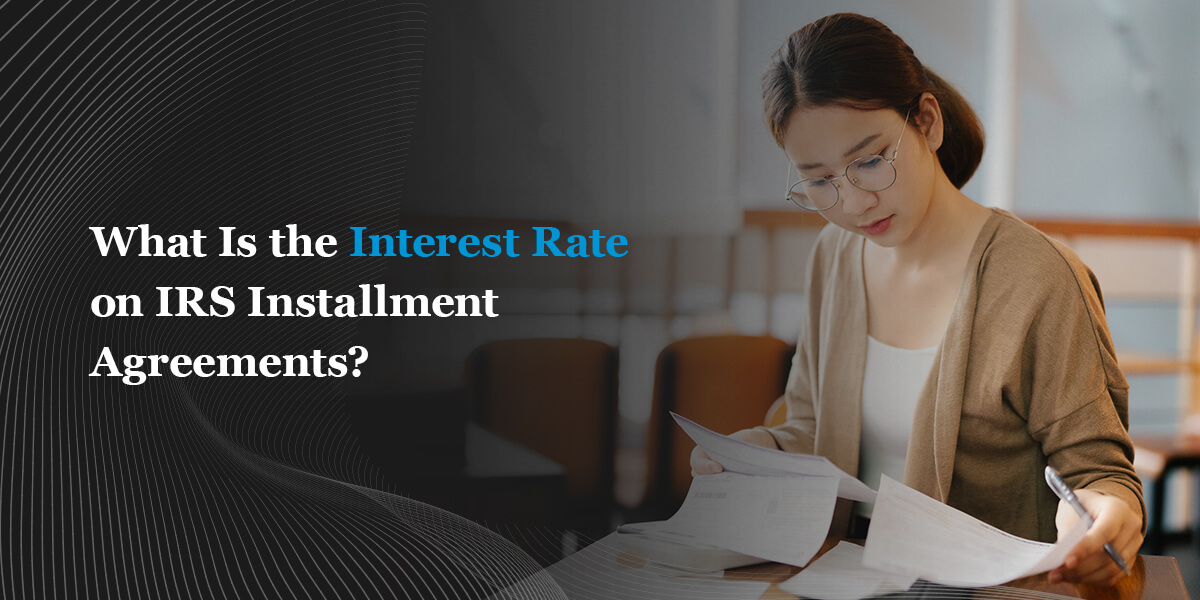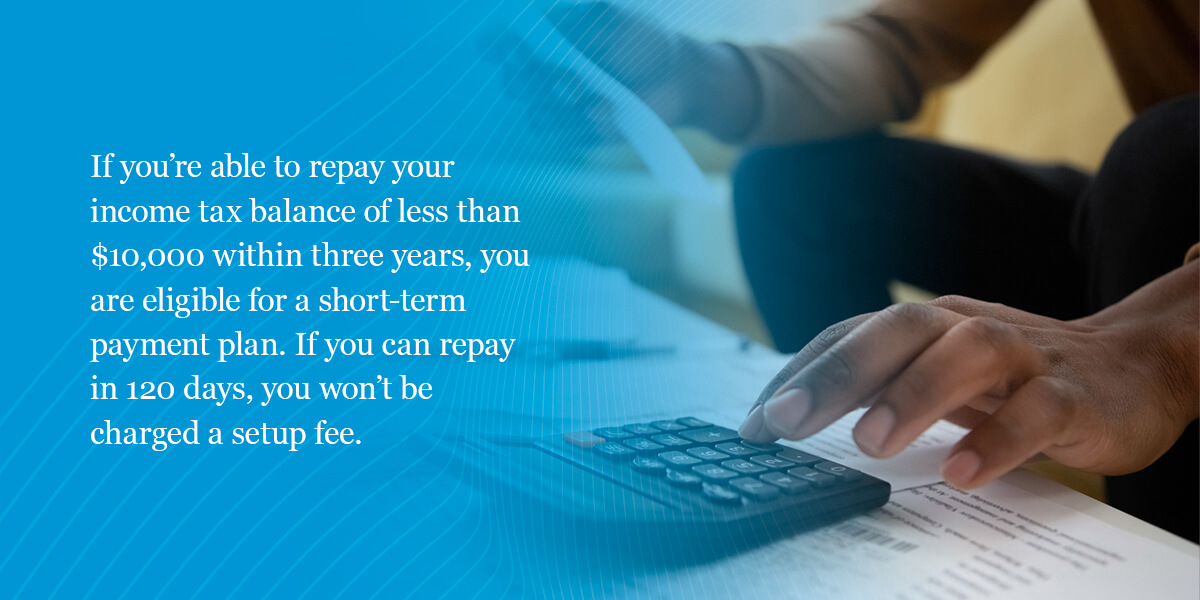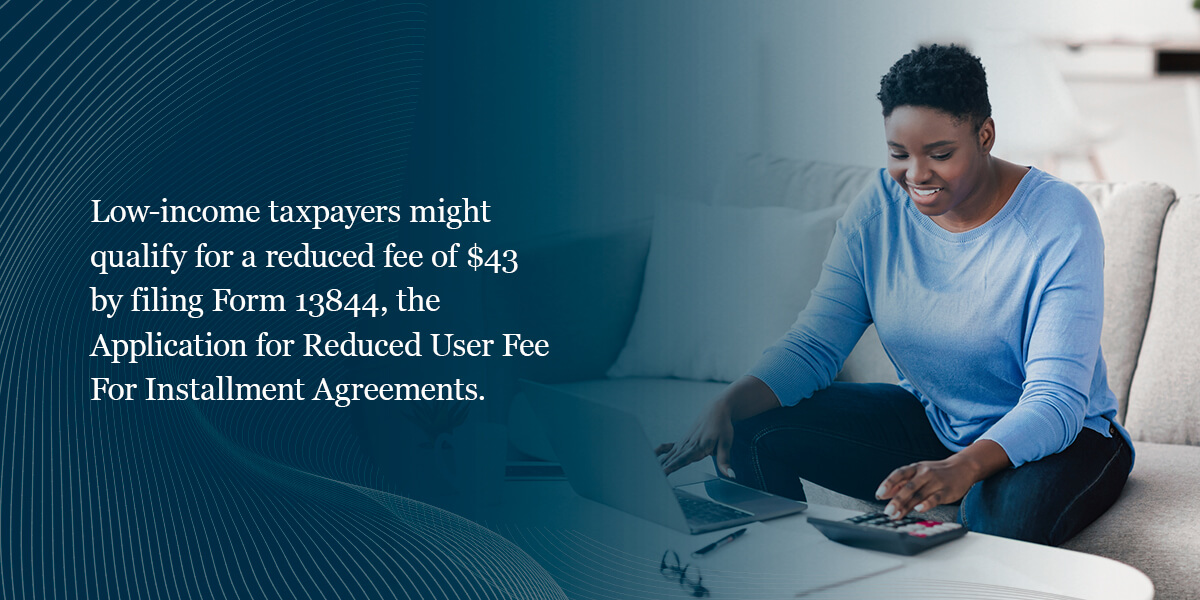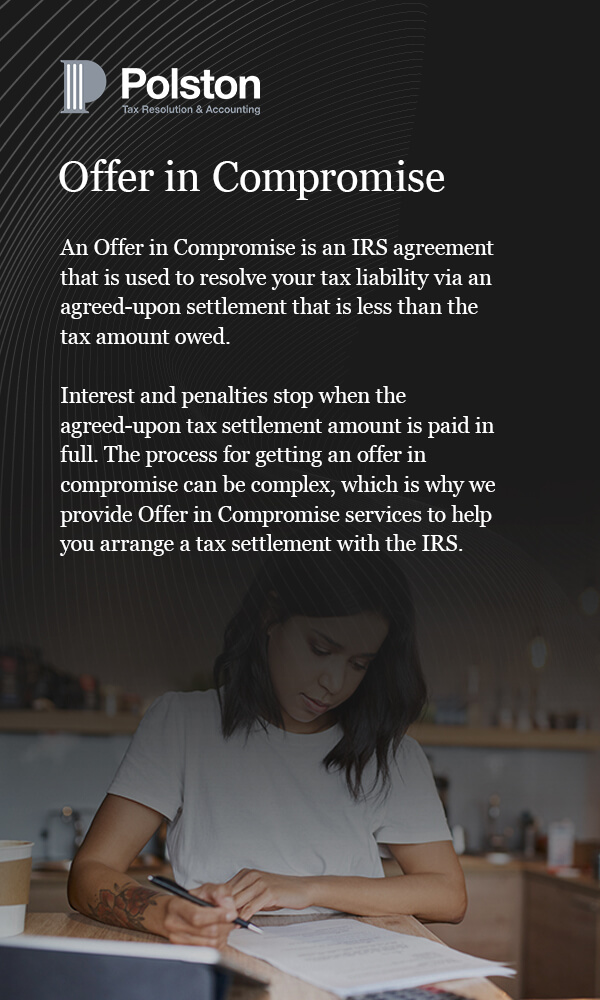Taxpayers who owe taxes to the IRS usually end up owing more than just taxes. When you are unable to pay the amount of income tax owed by the due date, interest and late payment penalties are then added on top of the original tax balance.
The best way to stop the interest and penalties from building up is to pay off your unpaid taxes. Many people who can’t pay the balance in full immediately will take out an installment agreement with the IRS. This reduces the amount of interest and penalties that accrue and breaks the taxes owed down into affordable minimum monthly payments. The interest rate applied to overdue tax payments differs substantially when you have an installment agreement in place with the IRS.

















